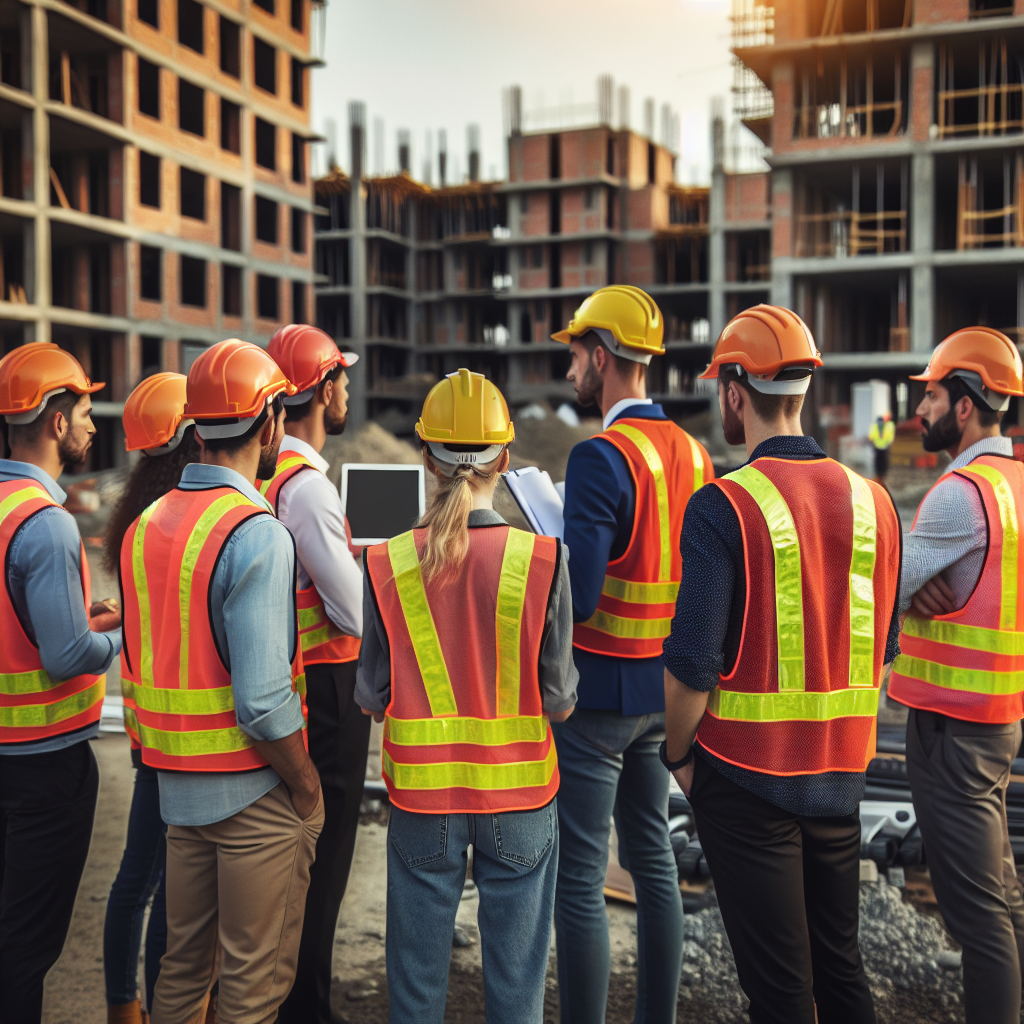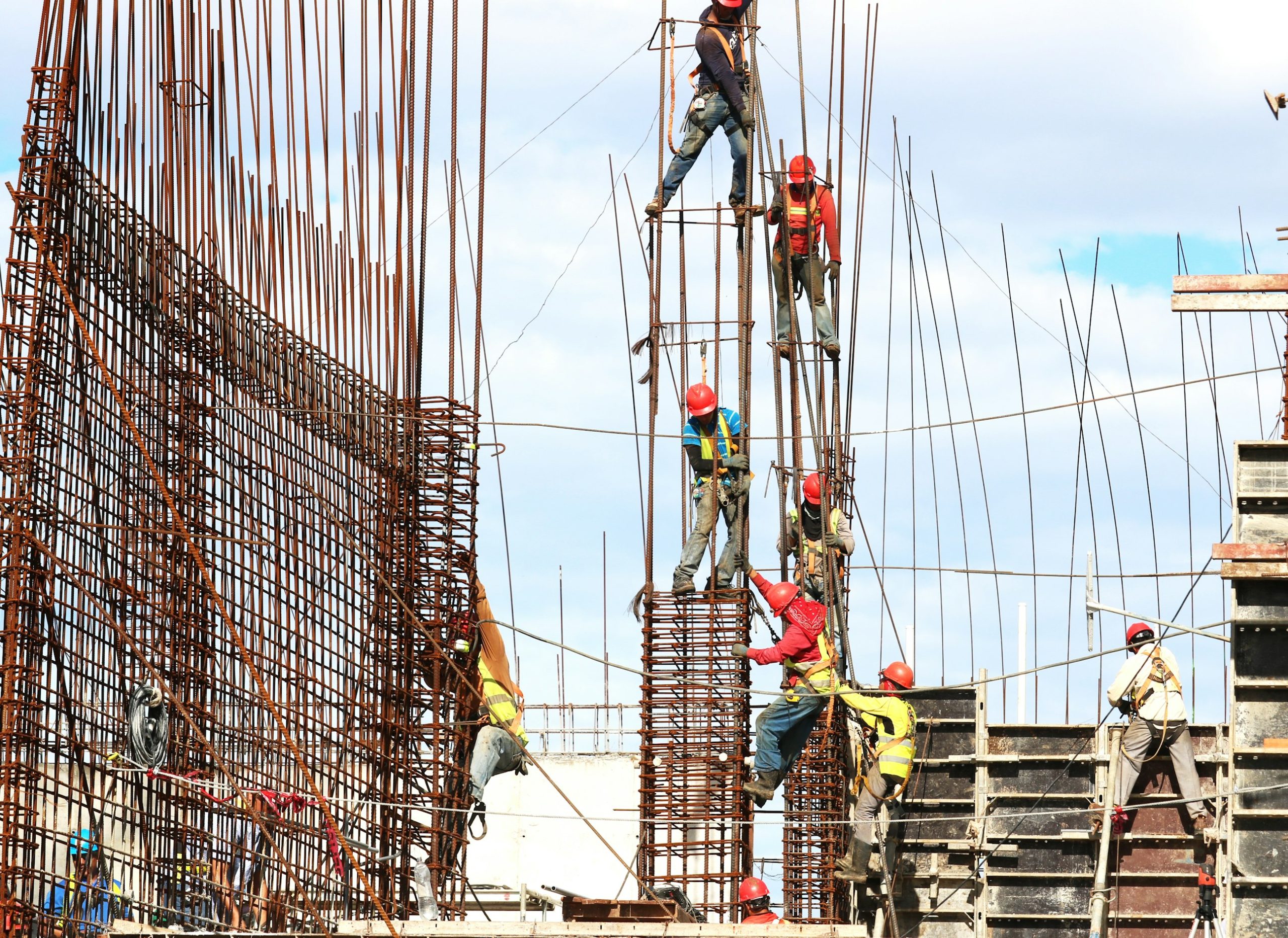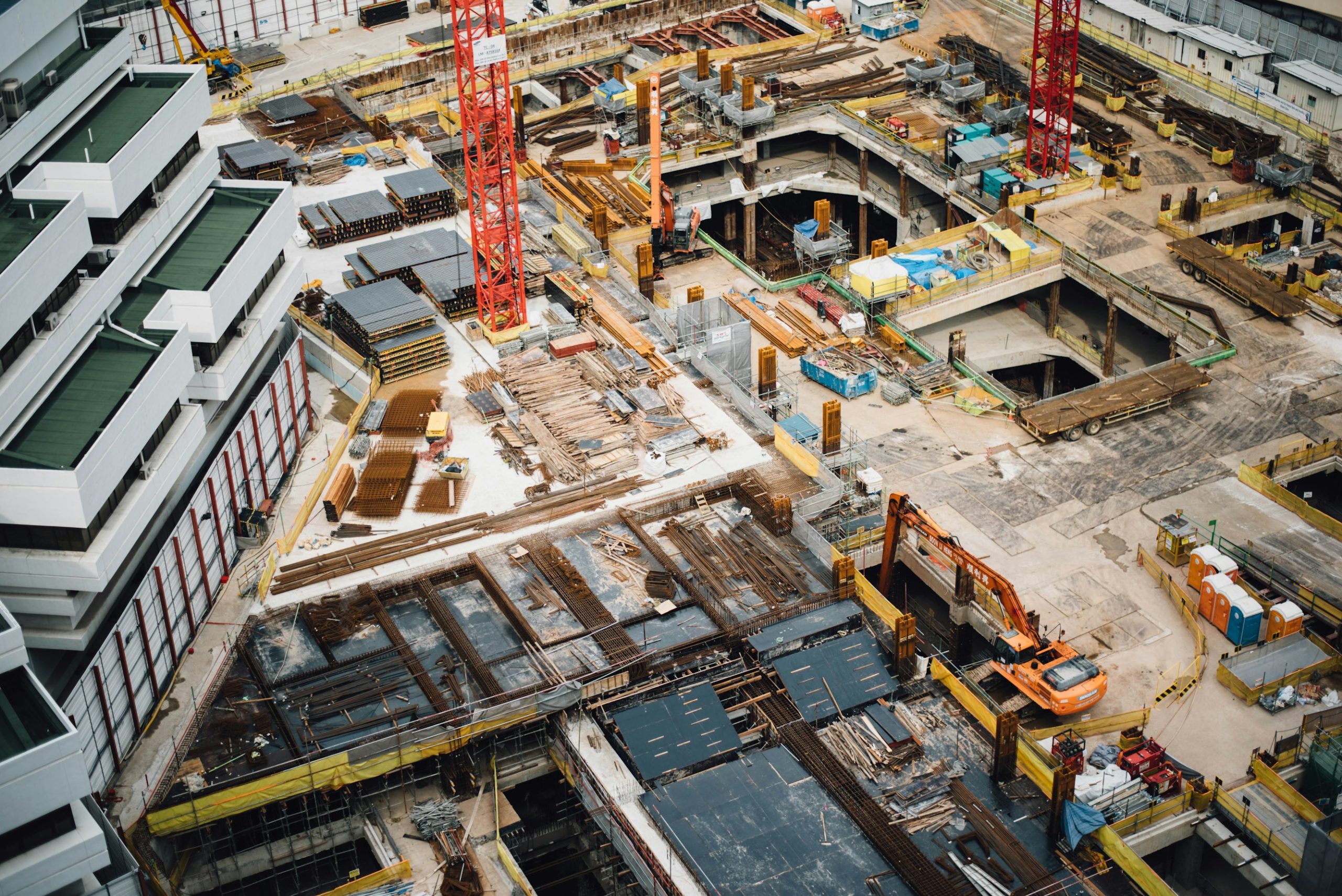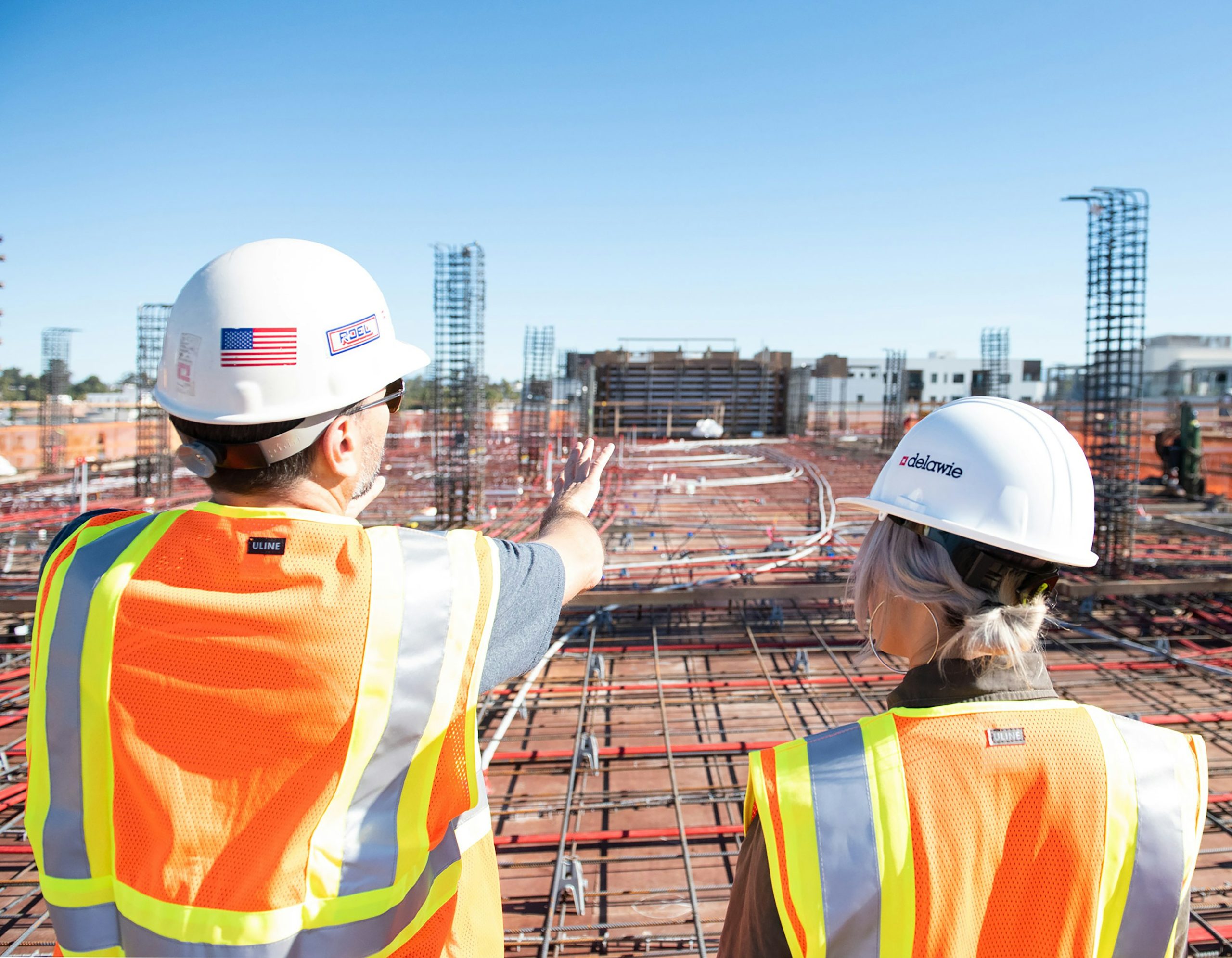The Role of AI in Construction Site Waste Reduction
Artificial Intelligence (AI) is revolutionizing the construction industry by addressing one of its most significant challenges: waste reduction. In a field where efficiency and resource management are paramount, AI technologies are enhancing capabilities in predictive analytics, real-time monitoring, and automated processes. This article explores how AI is redefining construction site waste management, leading to more sustainable practices and improved project outcomes.
Predictive Analytics and Resource Optimization
AI-driven predictive analytics can forecast the types and volumes of waste generated at different stages of a construction project. This foresight allows project managers to prepare targeted waste management and recycling plans in advance. By analyzing current and historical project data, AI helps ensure resources are used efficiently, reducing waste and controlling costs. Predictive analytics prevents the overordering of materials—a common source of waste—by accurately estimating the quantity of materials needed for a project.
Real-Time Monitoring and Reporting
AI tools can track waste generation and recycling in real-time, providing a transparent view of a project’s environmental performance. Real-time reporting and analytics offer insights into waste management practices, enabling construction managers to evaluate the effectiveness of recycling initiatives and identify areas for improvement. AI systems can monitor and analyze different waste streams, delivering detailed data on the types and quantities of waste produced. This data is crucial for optimizing waste reduction efforts and enhancing overall project management.
Automated Waste Sorting and Recycling
AI-driven systems can efficiently categorize waste materials, ensuring that a maximum amount is diverted from landfills to recycling facilities. Automated waste sorting enhances the accuracy of waste classification, reducing contamination in recycling streams. Moreover, AI enhances the tracking and management of recycled materials, providing data on the quantity and quality of recycled materials. This helps managers make informed decisions about their reuse in construction projects, promoting a circular economy.
Predictive Maintenance and Equipment Optimization
One of the key advantages of AI in construction is its ability to facilitate predictive maintenance of construction equipment. By forecasting potential equipment failures, AI minimizes unscheduled downtime and reduces energy waste. This ensures that construction equipment is maintained in optimal condition, thereby reducing the likelihood of malfunctions that can lead to unnecessary material waste.
Inventory Management and Supply Chain Optimization
AI enables real-time inventory management, allowing for constant monitoring of materials to maintain optimal levels. This prevents both overstocking and understocking, which often lead to waste and project delays. Additionally, AI can optimize supply chains by tracking and monitoring the sustainability practices of suppliers, ensuring that materials are sourced responsibly and utilized efficiently.
Practical Implementation and Recommendations
To effectively utilize AI in reducing construction site waste, several best practices should be implemented. It is vital to define appropriate targets for waste production and optimize available resources. Continuous tracking of waste, coupled with proper reporting and presentation of waste quantities, can also foster more efficient management routines. Training personnel and conducting regular inspections are crucial for maintaining effective waste management strategies.
AI solutions like NANDO, developed by ReLearn, can monitor, analyze, and measure waste production while offering valuable insights on recycling and waste reduction. These innovative solutions often involve community participation through gamification to promote awareness and effective waste management strategies.
Benefits and Impact
The integration of AI into waste management practices can yield significant environmental benefits by reducing the volume of waste sent to landfills, while simultaneously increasing the amount of recycled materials. This not only helps preserve natural resources but also mitigates greenhouse gas emissions associated with the production of new materials. Ultimately, AI-driven innovations can lead to more efficient, user-friendly, and cost-effective recycling systems, potentially increasing recycling rates and contributing to a sustainable, circular economy.
How Zepth Can Help
Zepth’s construction management tools are tailored to integrate AI capabilities for waste reduction and resource optimization. With functions such as:
- Resource Optimization: Zepth’s platform ensures optimal allocation of labor, equipment, and materials, thereby reducing waste and controlling costs.
- Real-Time Monitoring: Leveraging AI for real-time monitoring of construction sites creates transparency in waste management practices, allowing project managers to make data-driven decisions.
- Predictive Analytics: Zepth utilizes AI-driven predictive analytics to help project managers foresee potential risks, ensuring waste management stays on schedule and within budget.
- Inventory Management: Our tools facilitate real-time inventory management to ensure materials maintain optimal levels, avoiding waste due to overstocking or shortages.
For more information on how Zepth’s construction management solutions can help in waste reduction and other aspects of construction, visit Zepth’s Construction Management Solutions.
Emerging Innovations
The future of AI in construction looks promising with advancements in technology. The integration of AI with the Internet of Things (IoT) and robotics is enhancing waste processing and recycling initiatives across the industry. AI-powered sensors and IoT devices can optimize waste collection by accurately tracking the fill levels of waste bins and determining the need for collection.
Looking ahead, further innovations may see the development of advanced AI models capable of predicting waste generation based on multifaceted data sets and increased automation in waste sorting and recycling processes.
By embracing AI technologies, the construction industry can significantly reduce waste, improve operational efficiency, and contribute to a more sustainable future.




